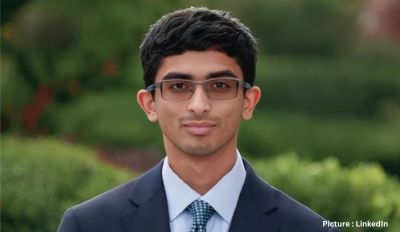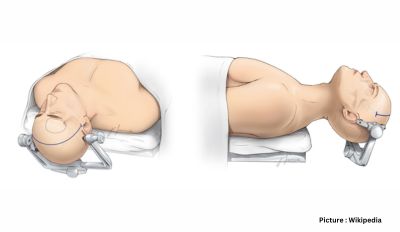An FDA panel of independent advisers to the Food and Drug Administration is recommending that the agency issue an emergency use authorization for the Pfizer-BioNTech vaccine in children ages 5 to 11 years old. The panel voted unanimously to recommend emergency use authorization of Pfizer’s Covid-19 on Tuesday, October 26th.
 The FDA panel accepted Pfizer’s data indicating the vaccine is safe and 90.7% effective in preventing COVID-19 infections in this age group. Members of the FDA’s Vaccines and Related Biological Products Advisory Committee agreed the benefits of vaccinating younger children appeared to outweigh the risks, but some members appeared troubled about voting to vaccinate a large population of younger children based on studies of a few thousand.
The FDA panel accepted Pfizer’s data indicating the vaccine is safe and 90.7% effective in preventing COVID-19 infections in this age group. Members of the FDA’s Vaccines and Related Biological Products Advisory Committee agreed the benefits of vaccinating younger children appeared to outweigh the risks, but some members appeared troubled about voting to vaccinate a large population of younger children based on studies of a few thousand.
“It is reassuring to me that we are giving a lower dose,” said Dr. Paul Offit, who directs the Vaccine Education Center at Children’s Hospital of Philadelphia.
Pfizer has cut its vaccine to one-third of the adult dose for the children under 12 and said clinical trials showed this lower dose protected children well against symptomatic infection. The hope is it will cause fewer side-effects. Accordingly, a dose of Pfizer for young children will contain one-third the amount of active ingredient compared to the adult dose. Children would receive a second dose 21 days or more after their first shot.
Children 5-11 years of age have accounted for approximately 9% of reported COVID-19 cases in the U.S. overall, and currently account for approximately 40% of all pediatric COVID-19 cases, says Dr. Doran Fink, clinical deputy director of the division of vaccines and related products for the FDA. Currently, the case rate among children ages 5 to 11 is “near the highest” of any age group, he says.
The committee’s recommendation comes as more than 1.9 million cases have been reported among children ages 5-11, with approximately 8,300 children hospitalized to date, according to the CDC. About one-third of these hospitalized children required treatment in the ICU. The rate of hospitalization is three times higher among children of color than among white children.
Unvaccinated children with COVID-19 can develop a serious complication called multisystem inflammatory syndrome or MIS-C, as well as an inflammation of the heart muscle called myocarditis.
Myocarditis occurs naturally after infections with other viruses and it has also been seen as a rare side effect after vaccination with the two mRNA vaccines, Pfizer and Moderna, especially in young men. Myocarditis was a focus of the scientific presentations and discussion on the possible risks of the vaccine if authorized for young children.
Overall, the incidence of serious adverse events reported in Pfizer’s studies was less than 2 in 1,000, Ball said, and all were found to be unrelated to the vaccine. Less serious side effects occurred more often, including swollen lymph nodes in a few children and symptoms like pain at the injection site, fatigue and headache, she said.
Capt. Amanda Cohn, a physician and medical officer with the CDC and also a voting member of the FDA committee, said that the number of children in the Pfizer studies is similar to the number that has been used to approve other childhood vaccines. “I don’t want to minimize the risk,” Cohn told the committee during a debate over the vote. “At this moment, based on the totality of the evidence, the benefits do outweigh the risk,” she said.
The agency typically goes along with the advice of its expert panels, though it isn’t bound to do so. It will issue a decision within the next several days. If the FDA authorizes the vaccine for these younger children, as seems likely, another panel of experts advising the Centers for Disease Control and Prevention would make its own recommendations and offer guidelines next week on its use among this age group.
The vaccine provides a broad defense against COVID-19 and “effectively neutralized the delta variant” in young kids, said Dr. William Gruber, senior vice president of vaccine clinical research and development at Pfizer, speaking during the committee hearing.
Gruber said the dose size was chosen to “strike the right balance” between providing strong immunity and limiting side effects. He said that the observed adverse effects seen in the company’s studies “did not suggest any safety concerns.” An FDA review supported that conclusion.
The FDA will now take the committee’s vote under consideration and is likely to extend EUA to the vaccine for younger children in the coming days. Then vaccine advisers to the US Centers for Disease Control and Prevention will meet next week, November 2-3, to discuss the decision and decide whether to recommend that US kids get the vaccine. The final word will lie with CDC Director Dr. Rochelle Walensky, and vaccination could begin next week if she gives the go-ahead.











